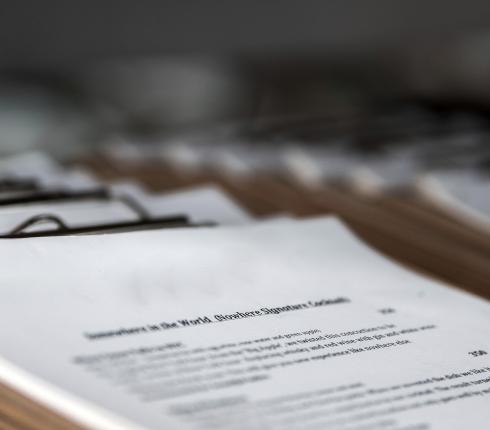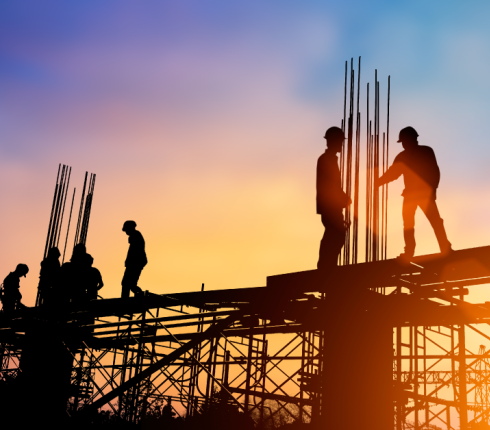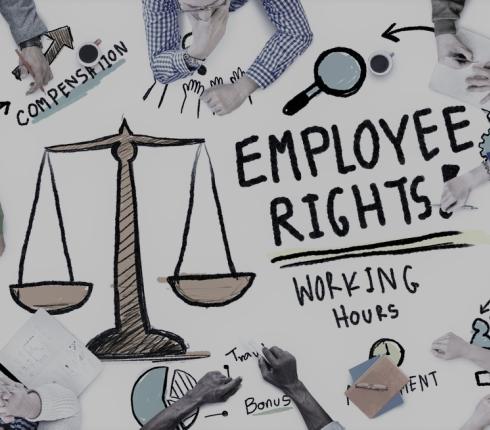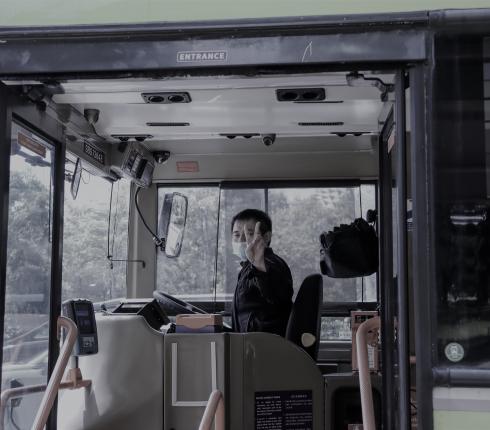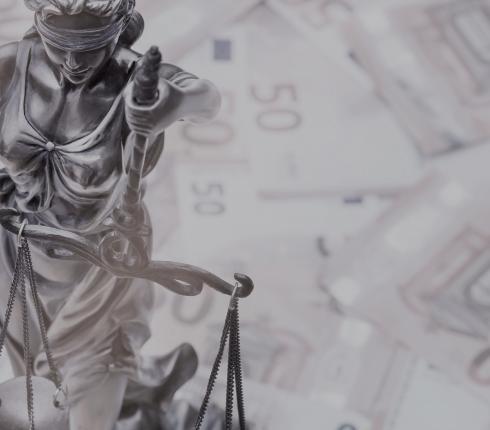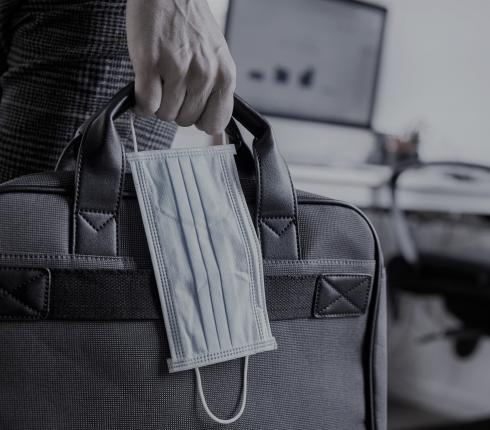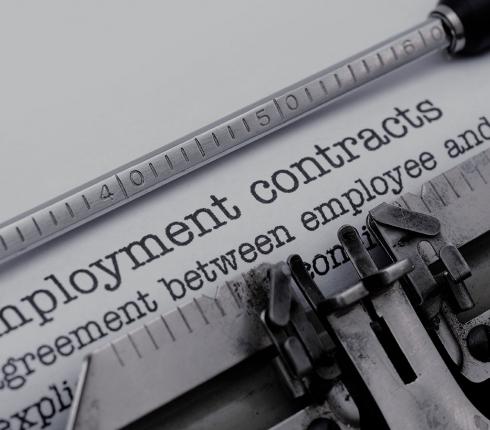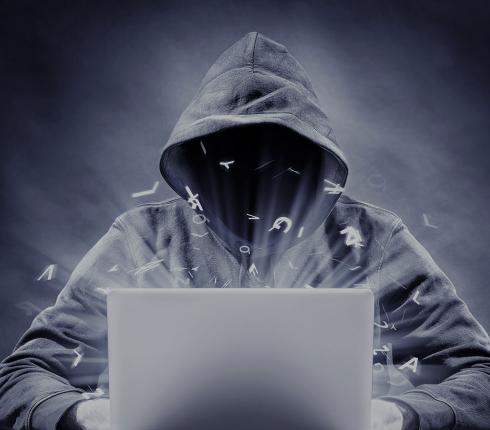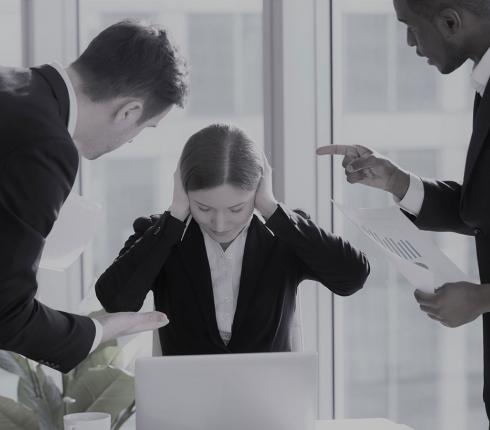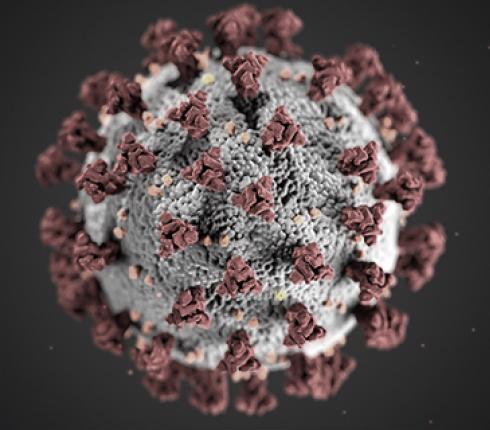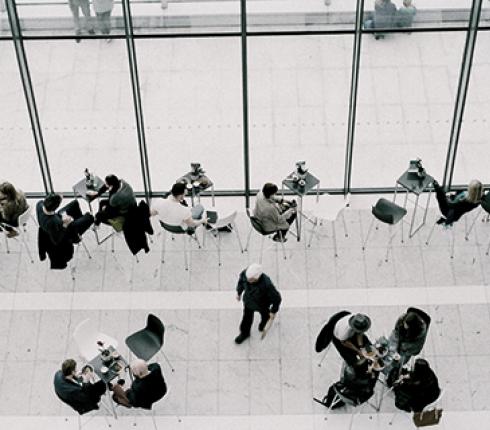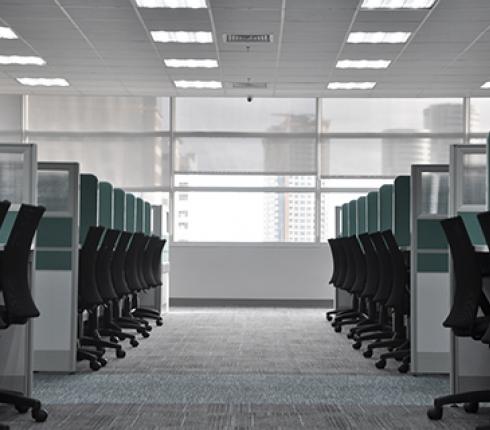How dangerous is the situation where the court proceedings move towards closed sessions, all data referring to persons are extracted from court decisions and access to court decisions is blocked by CAPTCHA? In addition, it is becoming normality that every critical comment and post ultimately finds a final solution in court about whether it is an incorrect statement of fact or an inappropriate value assessment, and what is the extent of the price tag of a claim for damages that can be attached to the claim.

Surprisingly, more and more executives of public institutions have come forward to argue that criticism must be levelled in-house and with each other. But what if the criticism is not heard or there is no competence to understand the criticism? Moreover, does the public then not have the right to know what is going on inside the institutions, what are the daily work-related obstacles and where all our money is being spent? There are strikingly many executives who offendedly report that criticism should not have been made public. But if the information does not move out or moves, but only through targeted press releases, then the press and the general public do not have the opportunity to assess the quality of the work.
Personal resentment and a momentary disruption to the institution's working mood are not reasons enough to suppress whistleblowers. This applies equally to judges, the Health Board, the Prime Minister's office, persons working in the prison and care system, staff of health care institutions organising vaccinations, and playwrights. If you are a public official or a leading person in a position of command, then tolerating public criticism is included in your salary, muzzling and removal of whistleblowers is not the answer.
On the one hand, social and online media certainly amplify criticism, and the addressee feels being attacked - a number of allegations made may seem false and inappropriate when coming as a flood from multiple sources. At the same time, however, it must be borne in mind that any direction to secrecy, denunciations or intimidation mainly through job losses or lawsuits, or forcing people to withdraw their words and compensate for the damage, will inevitably lead to a situation where at one point we discover that larger or smaller el chapo’s run our lives through private agreements and the only choice the public has is to comply with the orders. In the light of the restrictions caused by the pandemic, special attention must be paid to the protection of freedom of expression and opinion. Our civil liberties are already being trimmed and the trafficking of goods in short supply, supporting the elite, is quietly emerging.
Today, the so-called backroom stories and the discussions of a smaller circle reach a wider audience through social media, being even boosted there. In addition, there is always the possibility that once the problem has already reached the public, another whistleblower will come out with his experience.
The principle of openness, being one of the fundamental principles in several areas of the state, has developed for a reason over time – the aim of the principle is to ensure transparency and a corruption-free environment.
Our experts have experience in working with all areas of labour law within all business sectors – the private as well as the public sector. Therefore, our advice will always be based on the challenges that characterize your particular line of business.






